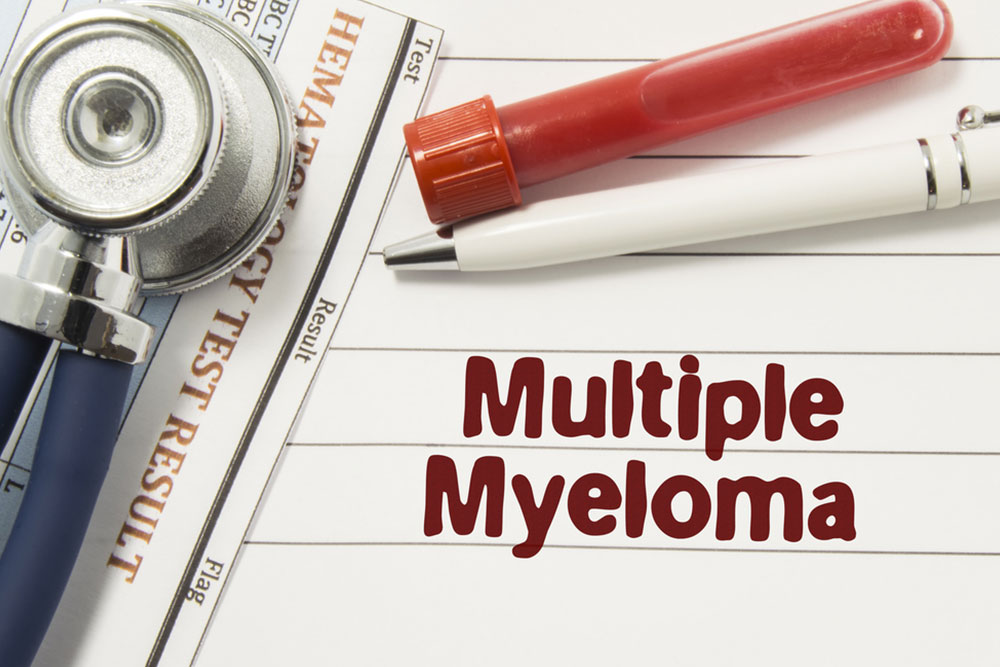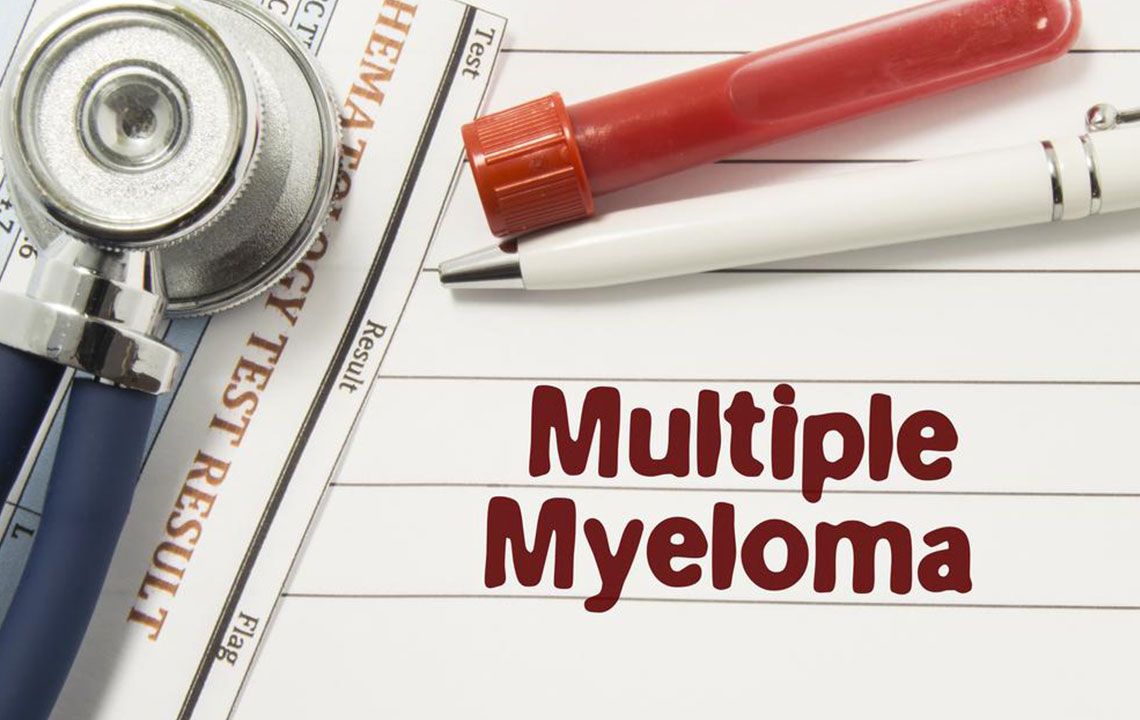Effective Strategies to Manage Multiple Myeloma Symptoms
This article explores effective strategies for managing multiple myeloma symptoms, emphasizing dietary choices, traditional treatments, and complementary therapies. It highlights key nutrients like iron, folate, B12, and vitamin D, and discusses lifestyle modifications to improve patient outcomes. Insights on potential benefits of curcumin are included, alongside important disclaimers. Designed for patients and caregivers, it provides practical guidance to support medical treatment and enhance quality of life.

Effective Strategies to Manage Multiple Myeloma Symptoms
Multiple myeloma is a type of blood cancer affecting plasma cells in the body. According to the American Cancer Society, over 30,000 new cases are projected annually. While there’s no cure, certain foods and lifestyle choices can help control symptoms and improve quality of life.
The disease disrupts normal blood production, causing anemia and increased infection risk. It also accelerates bone loss, leading to fractures. Conventional treatments include chemotherapy, bisphosphonates, surgery, radiation therapy, and stem cell transplantation.
Complementary therapies like special diets, herbal supplements, vitamins, massage, and acupressure can support conventional treatments. While no specific diet can cure multiple myeloma, targeted nutrition may help prevent anemia and kidney issues, and reduce recurrence risks.
To manage anemia, consuming iron-rich foods is essential. Since myeloma often causes low red blood cell counts, incorporating iron sources into your diet is beneficial. Iron-rich foods include:
Raisins
Lean red meats
Bell peppers
Kale
Sweet potatoes
Broccoli
Brussels sprouts
Tropical fruits like mango and pineapple
Folate is vital for blood cell production and can be found in foods like:
Asparagus
Black-eyed peas
Beef liver
Lentils
Spinach
Broccoli
Vitamin B12 supports red blood cell formation. Foods high in B12 include:
Liver
Beef
Clams
Fish
Eggs
Poultry
Dairy products
Fortified cereals
Nutritional yeast
Fortified plant-based milks
Vitamin D, important for bone health, can be obtained from:
Fortified orange juice
Fortified milk and yogurt
Egg yolks
Sockeye salmon, sardines, tuna
Increasing fiber intake helps combat chemotherapy-induced constipation. High-fiber foods include:
Whole grains like oats and brown rice
Dried fruits such as figs and prunes
Fruits like apples and oranges
Nuts, beans, and lentils
Berries
Vegetables like carrots and broccoli
Research suggests that curcumin, found in turmeric, may aid multiple myeloma management by enhancing chemotherapy efficacy and reducing drug resistance. Further studies are needed first.










